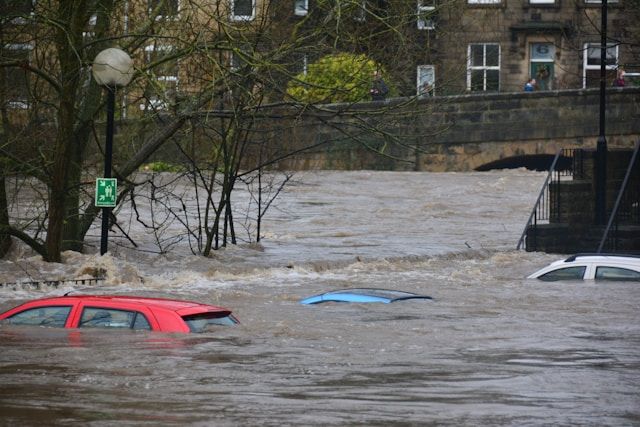Historic flooding along the Ural River prompts urgent evacuations in Russia and Kazakhstan, affecting thousands
A significant evacuation operation is underway in Orenburg, Russia, as relentless flooding devastates the region and spreads into northern Kazakhstan. Sergei Salmin, the Mayor of Orenburg, has urgently called for residents in affected areas to evacuate, emphasizing the severe risk posed by the rising waters. He directed the populace to gather essential items such as documents and medicines and to evacuate their homes without delay.
The Ural River, which is the third-longest in Europe, has overflowed due to intense snowmelt, inundating many towns and cities across the Russian-Kazakh border. This catastrophic event has prompted both nations to activate emergency response measures. In Orenburg alone, which houses nearly 2 million residents, it remains unclear how many are being moved to safety, but the broader region has already seen over 10,000 evacuations, including more than 2,000 children.
Local government officials report that all city and regional emergency services are engaged, assisting with the relocation of residents and providing temporary shelters. Alexey Kudinov, the First Deputy Head of Orenburg, indicated that the water levels in the Ural River had reached unprecedented heights of over 37 feet (11.47 meters). He forecasts that peak flooding will occur on Friday but expects conditions to stabilize thereafter.
The crisis has caught the attention of Kazakhstan’s President, Kassym-Jomart Tokayev, who described the situation as potentially the “biggest disaster” in over eight decades in terms of scale and impact. The response has extended to the highest levels of government in Russia as well, with President Vladimir Putin being briefed by regional governors on the unfolding situation.
Public frustration has boiled over in the city of Orsk, Orenburg, where citizens have gathered in large numbers to protest against what they perceive as inadequate governmental response. Social media videos capture protesters outside the city hall voicing their discontent, with chants of “Shame! Shame!” and appeals directed at President Putin for intervention.
The plight has resonated widely, with Yulia Navalnaya, widow of the late Russian opposition leader Alexey Navalny, criticizing the habitual unpreparedness of Russian authorities for annual seasonal challenges, highlighting a systemic issue in crisis management.
